We conduct human rights risk and impact assessments for the world’s most ethical firms in their most challenging markets.
IDENTIFY ACTUAL AND POTENTIAL IMPACTS
Our Human Rights practice assembles industry-leading multilingual project teams to conduct on-the-ground field research for investors and companies on their human rights impacts.
METHODOLOGY
Stakeholder engagement is at the heart of our approach. We combine meaningful consultation with workers, communities and other affected rightsholders with commentary from local and regional experts, and in-depth public domain research. We assess impacted rights and rightsholders with reference to international human rights instruments, such as: the International Covenant on Civil and Political Rights (ICCPR), the International Covenant on Economic, Social and Cultural Rights (ICESCR), and the International Labor Organization’s (ILO) Declaration on Fundamental Principles and Rights at Work.
analysis of risks and opportunities
We identify and prioritise salient human rights risks based on the principles of severity and likelihood, as defined in the UN Guiding Principles on Business and Human Rights (UNGPs). We provide actionable recommendations to both mitigate risks and enhance human rights performance based on: whether the client is causing, contributing or directly linked to a risk, the amount of leverage it has, and its current management of the risk.
implementation and monitoring
We develop action plans with clear allocation of responsibilities and KPIs to support clients to put our recommendations into practice. Once mitigation measures are in place, we assist clients in monitoring their activities as well as particular suppliers, contractors and other high risk actors, and anticipating the response of state and civil society stakeholders.
access to remedy
Companies have a responsibility to provide access to remedy for workers, communities and other stakeholders impacted by their operations. The UNGPs set out criteria for grievance mechanisms to be effective, such as being accessible, equitable and transparent. We independently assess the strength of existing mitigation and remediation measures, and provide recommendations to improve practices.
CASE STUDY: ON-THE-GROUND HRIA IN SOUTH AFRICA
To assess risks in our client’s operations in South Africa, we visited their manufacturing and warehousing facilities in several cities and interviewed dozens of workers in local languages including Xhosa and Zulu. We found the most salient risks to be towards contract workers at the sites, who lacked decent working conditions and access to an effective grievance mechanism. We made recommendations to improve the grievance mechanism and engage with their contractor to improve practices.
CONFLICT-SENSITIVE DUE DILIGENCE
Businesses active in areas impacted by armed conflict or widespread violence should conduct a “heightened” form of human rights due diligence with emphasis on understanding the conflict, to ensure their activities are not causing, contributing or directly linked to the violence. We conduct human rights due diligence in conflict-affected areas in accordance with UN guidance. Our methodology identifies and anticipates ways in which businesses’ operations, partners or products may impact existing tensions or create new conflicts, enabling them to manage their activities in a way that respects human rights.
CASE STUDY: CONFLICT-SENSITIVE HUMAN RIGHTS DUE DILIGENCE
We work with a global technology company to identify and assess human rights risks and impacts linked to the use of their platforms in various markets including Ethiopia, Mali, Kenya, Nigeria, Afghanistan and Bosnia & Herzegovina. We engage with human rights activists, journalists and experts on digital rights in country and the diaspora to develop locally relevant insights that enable our clients to prioritize product and policy decisions ahead of high-risk elections and in conflict contexts.



